Arsenic Trioxide Induces Apoptosis of Human Monocytes during Macrophagic Differentiation through Nuclear Factor-κB-Related Survival Pathway Down-Regulation
Por um escritor misterioso
Last updated 24 abril 2025

Arsenic trioxide (As2O3) is known to be toxic toward leukemia cells. In this study, we determined its effects on survival of human monocytic cells during macrophagic differentiation, an important biological process involved in the immune response. As2O3 used at clinically relevant pharmacological concentrations induced marked apoptosis of human blood monocytes during differentiation with either granulocyte-macrophage colony-stimulating factor or macrophage colony-stimulating factor. Apoptosis of monocytes was associated with increased caspase activities and decreased DNA binding of p65 nuclear factor-κB (NF-κB); like As2O3, the selective NF-κB inhibitor ( E )-3-[(4-methylphenyl)-sulfonyl]-2-propenenitrile (Bay 11-7082) strongly reduced survival of differentiating monocytes. The role of NF-κB in arsenic toxicity was also studied in promonocytic U937 cells during phorbol 12-myristate 13-acetate-induced macrophagic differentiation. In these cells, As2O3 first reduced DNA binding of p65 NF-κB and subsequently induced apoptosis. In addition, overexpression of the p65 NF-κB subunit, following stable infection with a p65 retroviral expressing vector, increased survival of As2O3-treated U937 cells. As2O3 specifically decreased protein levels of X-linked inhibitor of apoptosis protein and FLICE-inhibitory protein, two NF-κB-regulated genes in both U937 cells and blood monocytes during their differentiations. Finally, As2O3 was found to inhibit macrophagic differentiation of monocytic cells when used at cytotoxic concentrations; however, overexpression of the p65 NF-κB subunit in U937 cells reduced its effects toward differentiation. In contrast to monocytes, well differentiated macrophages were resistant to low concentrations of As2O3. Altogether, our study demonstrates that clinically relevant concentrations of As2O3 induced marked apoptosis of monocytic cells during in vitro macrophagic differentiation likely through inhibition of NF-κB-related survival pathways.
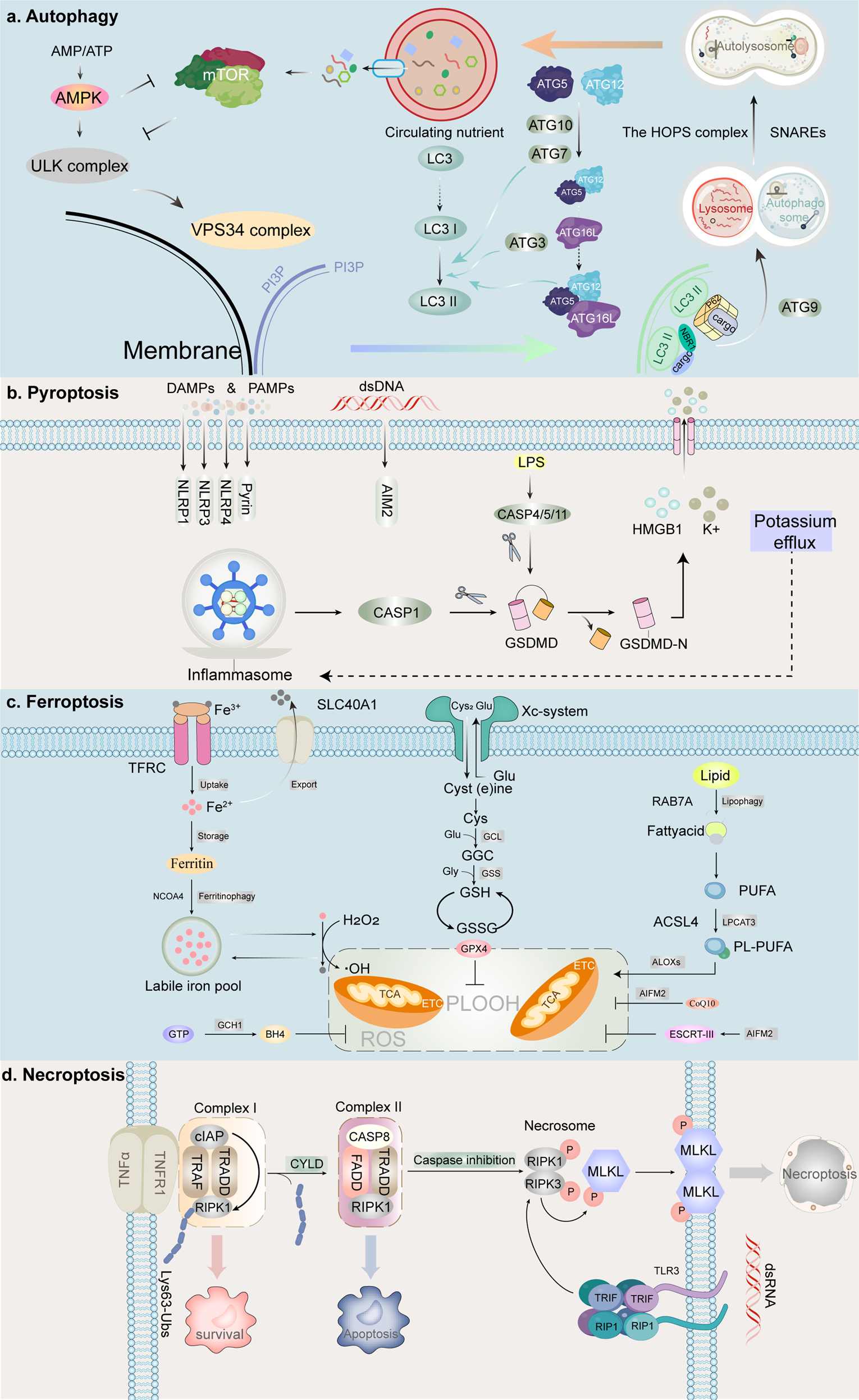
Autophagy, ferroptosis, pyroptosis, and necroptosis in tumor immunotherapy

Understanding the Link between Inflammasome and Apoptosis through the Response of THP-1 Cells against Drugs Using Droplet-Based Microfluidics

Diagram depicts the toxic effect of arsenic trioxide on chicken immune

Consequences and Therapeutic Implications of Macrophage Apoptosis in Atherosclerosis
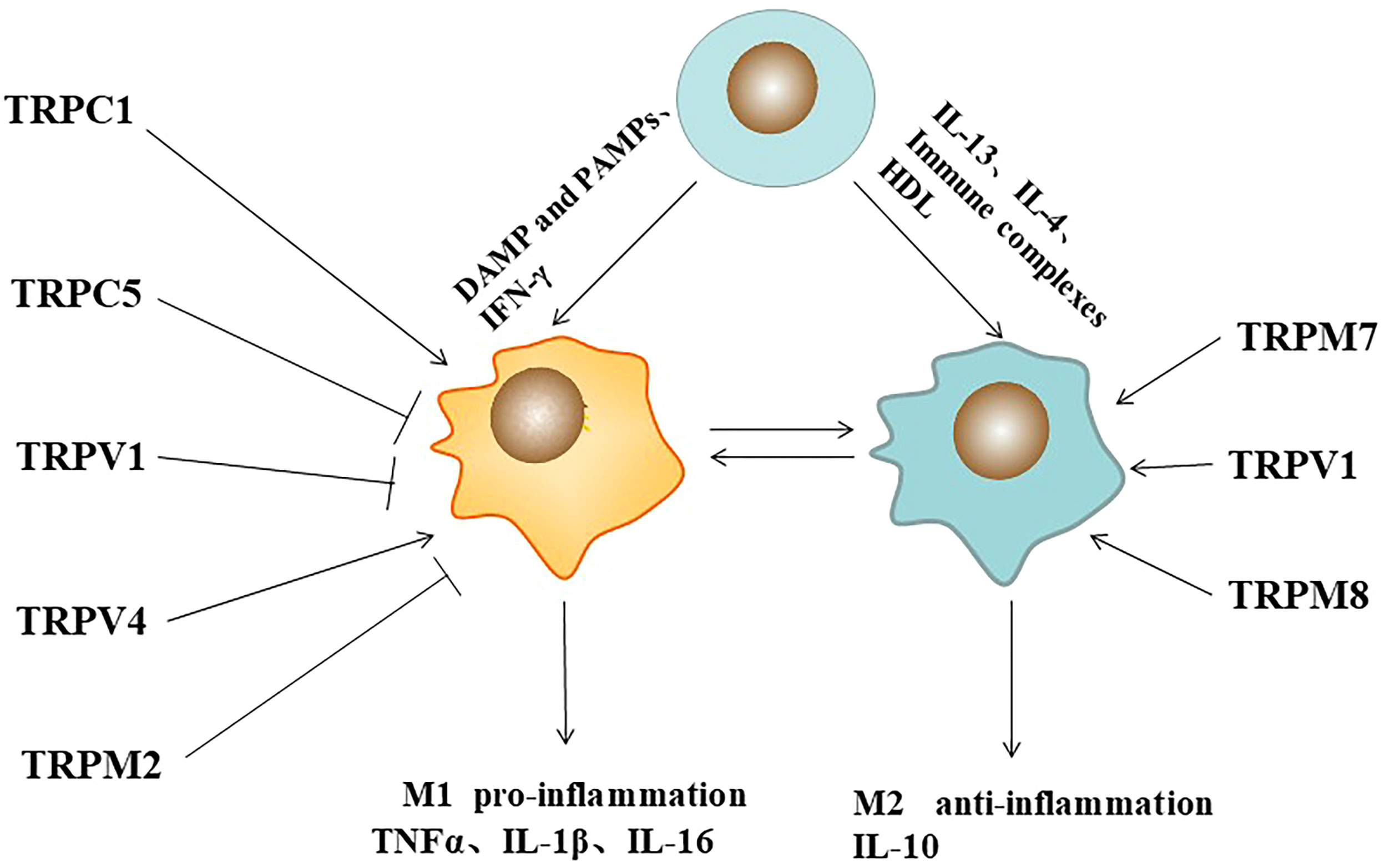
Frontiers Function of TRP channels in monocytes/macrophages

Macrophage Reprogramming via Targeted ROS Scavenging and COX-2 Downregulation for Alleviating Inflammation
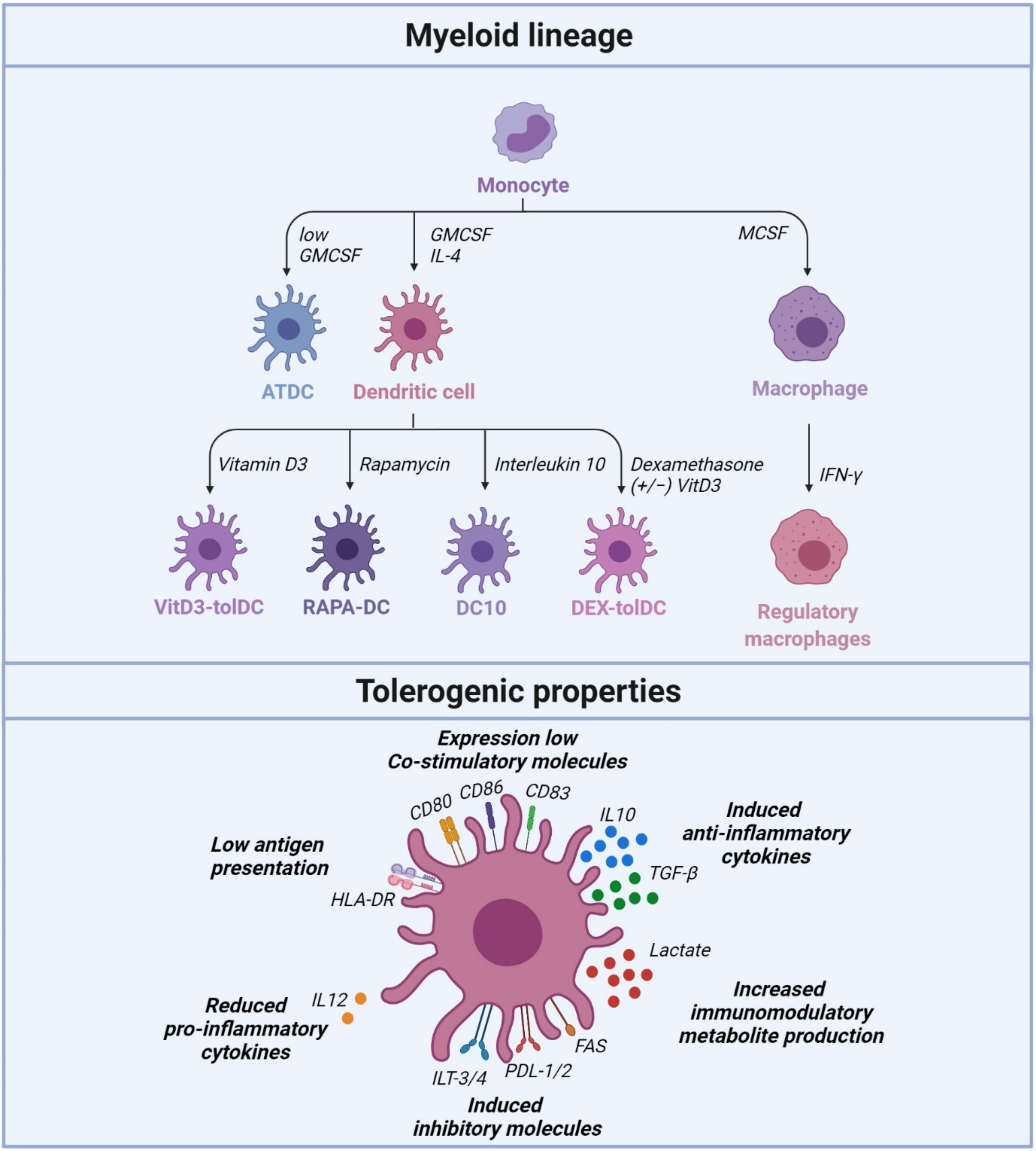
IJMS, Free Full-Text
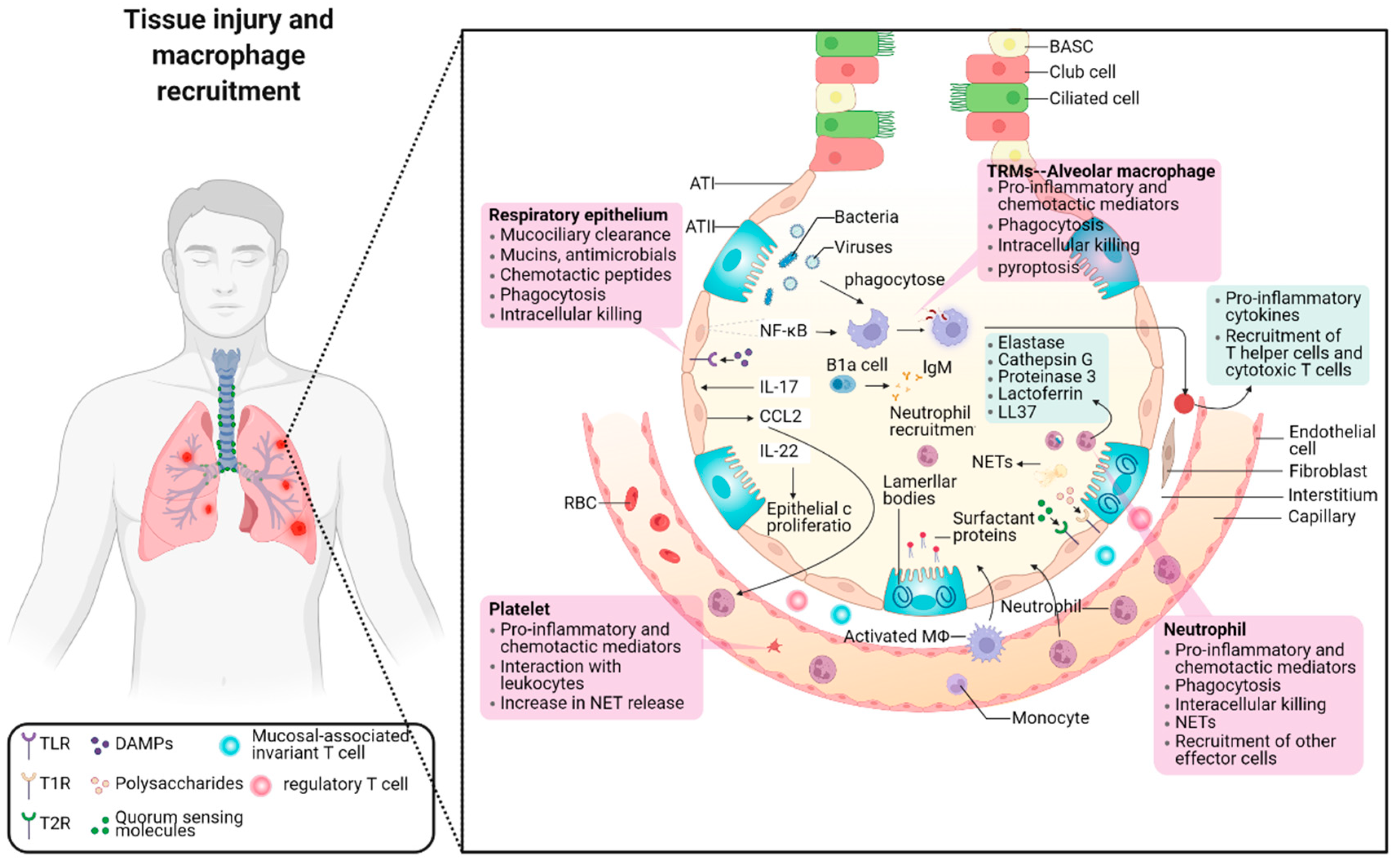
IJMS, Free Full-Text
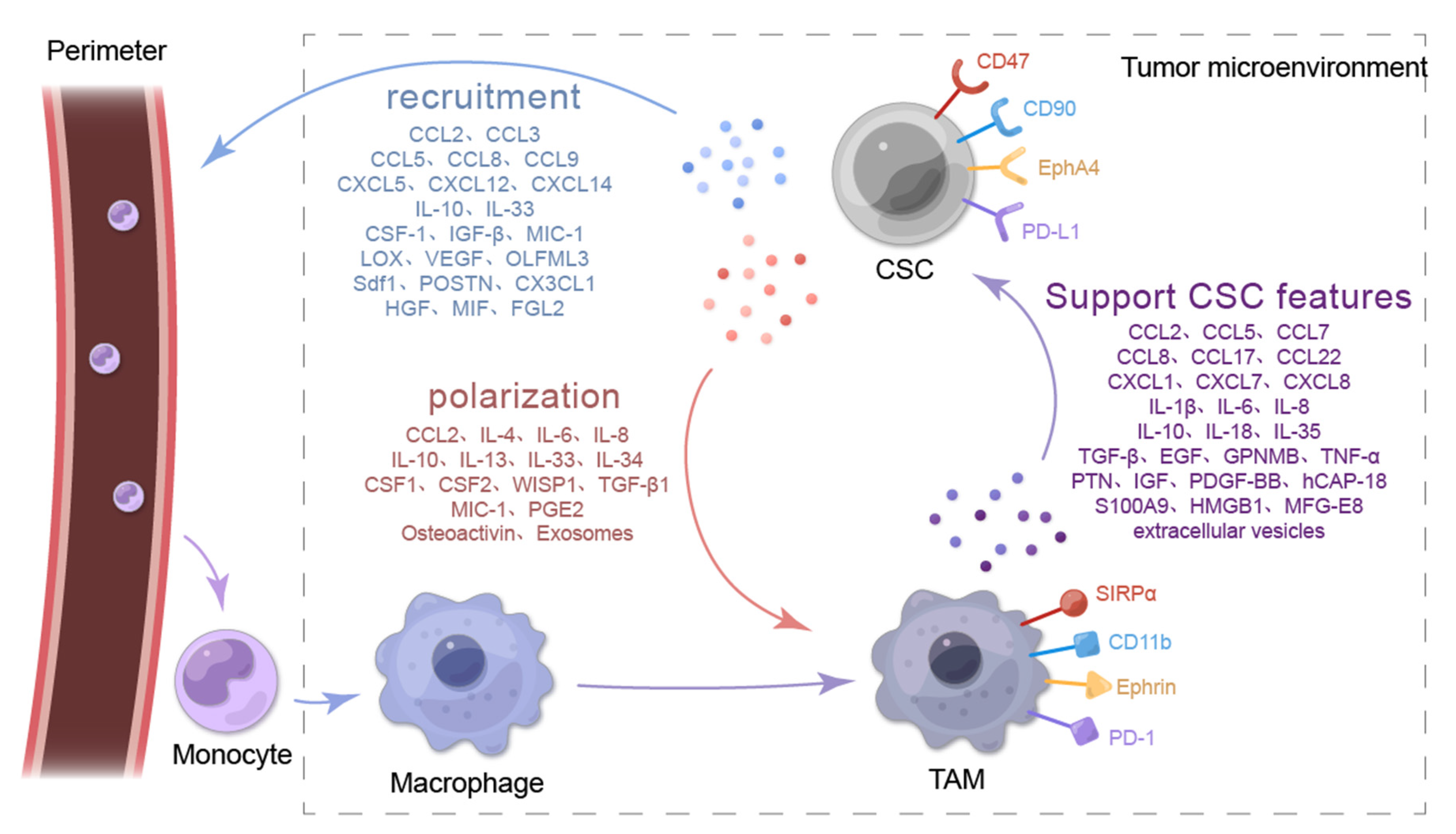
Biomolecules, Free Full-Text
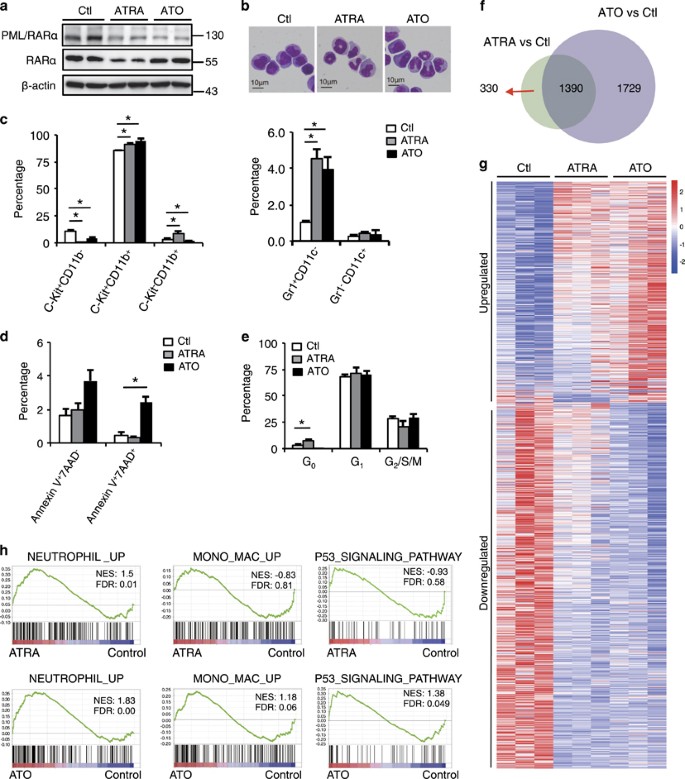
All-trans retinoic acid and arsenic trioxide fail to derepress the monocytic differentiation driver Irf8 in acute promyelocytic leukemia cells
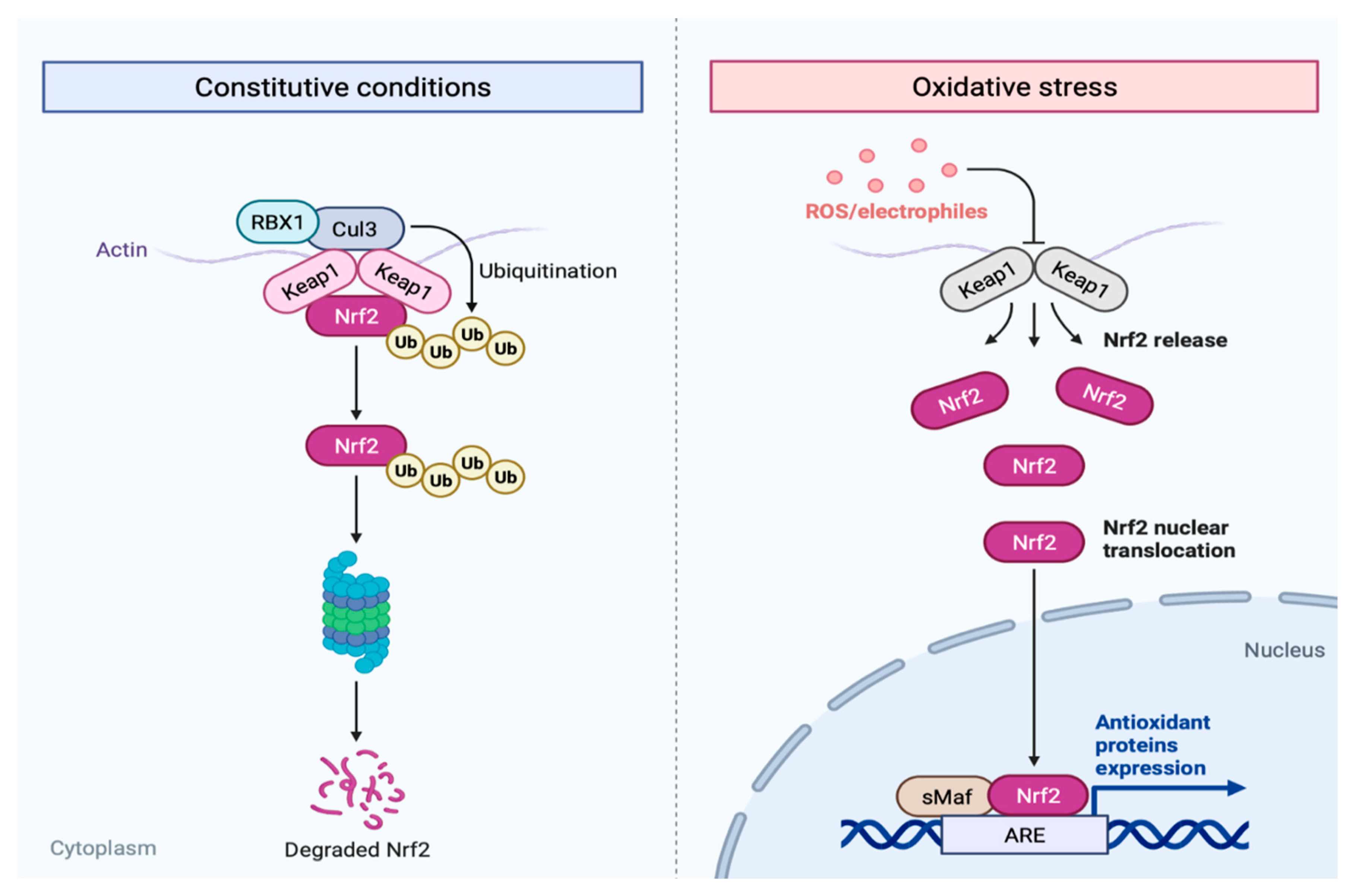
Antioxidants, Free Full-Text

Arsenic trioxide-induced p38 MAPK and Akt mediated MCL1 downregulation causes apoptosis of BCR-ABL1-positive leukemia cells - ScienceDirect

miRs regulate inflammation, oxidative stress, apoptosis, and

Arsenic as an immunotoxicant - ScienceDirect
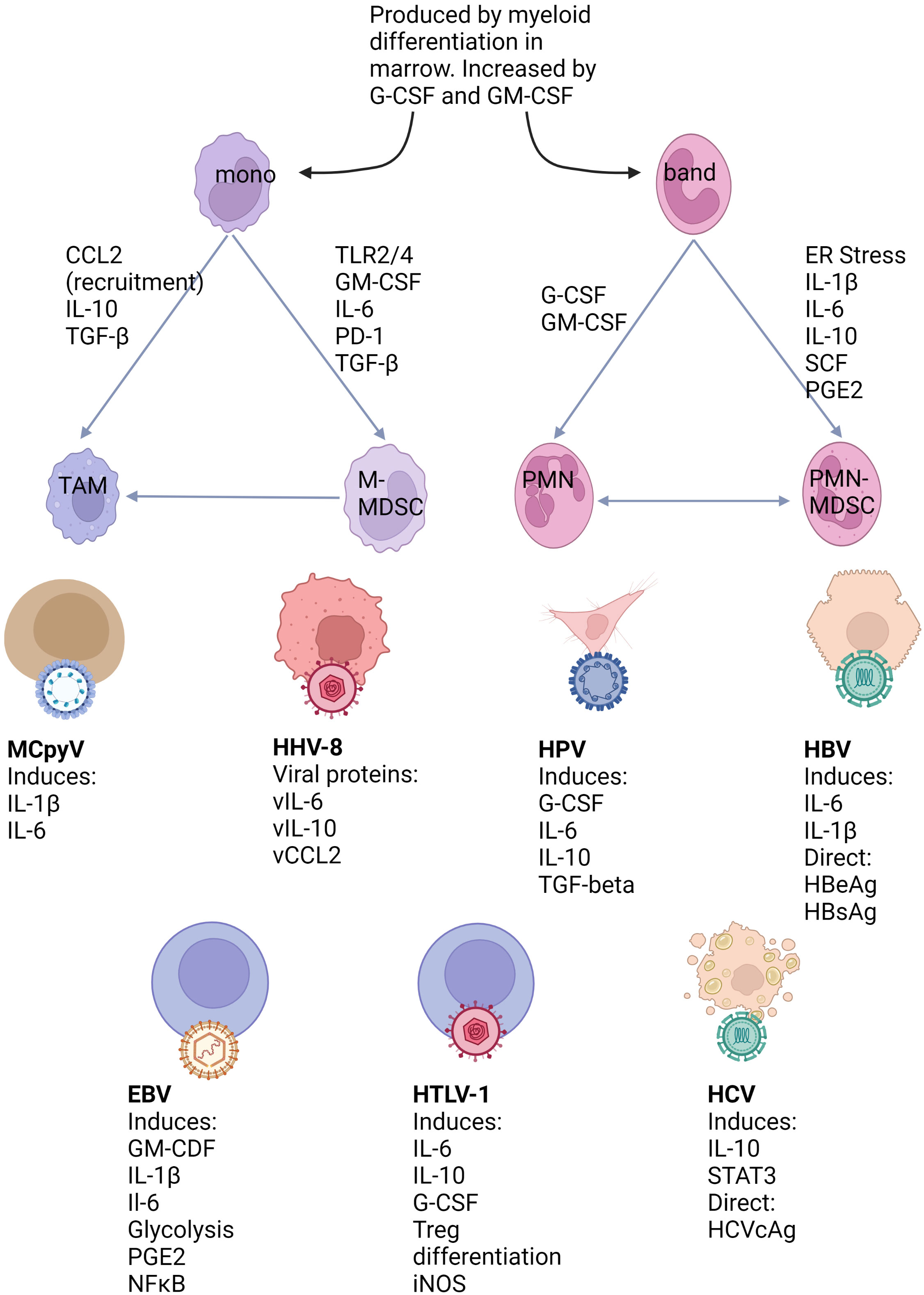
Frontiers Deciphering the roles of myeloid derived suppressor cells in viral oncogenesis
Recomendado para você
-
 Most Disturbed Person on Planet Earth II (2014) - IMDb24 abril 2025
Most Disturbed Person on Planet Earth II (2014) - IMDb24 abril 2025 -
 Play FALL INTO DESPAIR by SCUM41 & MDPOPE on Music24 abril 2025
Play FALL INTO DESPAIR by SCUM41 & MDPOPE on Music24 abril 2025 -
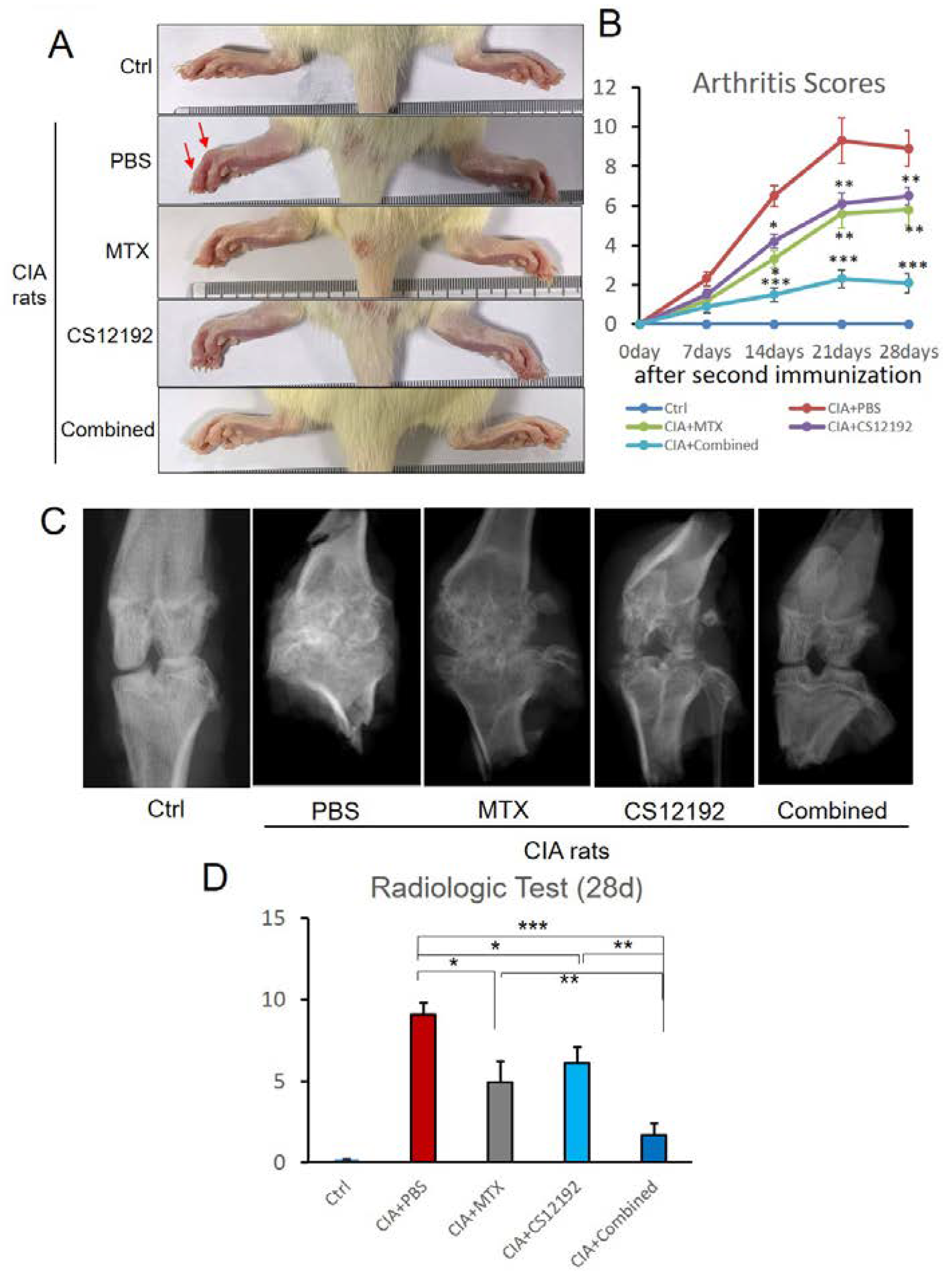 IJMS, Free Full-Text24 abril 2025
IJMS, Free Full-Text24 abril 2025 -
 Stream Live 4 Internet Night.com OST - MDPOPE Unfinished Version Teaser by Josh Boss 324 abril 2025
Stream Live 4 Internet Night.com OST - MDPOPE Unfinished Version Teaser by Josh Boss 324 abril 2025 -
MDPOPE - GOD SCREAMS OUT24 abril 2025
-
:strip_exif():format(jpg)/http://s3.ap-south-1.amazonaws.com/wynk-music-cms/srch_believe/20230105164206358/3617055025055/1672934807022/resources/3617055025055.jpg) M.D.P.O.P.E - Play & Download All MP3 Songs @WynkMusic24 abril 2025
M.D.P.O.P.E - Play & Download All MP3 Songs @WynkMusic24 abril 2025 -
 Plasma Levels of the Chemokines Monocyte Chemotactic Proteins-1 and -2 Are Elevated in Human Sepsis - ScienceDirect24 abril 2025
Plasma Levels of the Chemokines Monocyte Chemotactic Proteins-1 and -2 Are Elevated in Human Sepsis - ScienceDirect24 abril 2025 -
 Muscle dysmorphia and associated psychological features of males in the Middle East: A systematic review - ScienceDirect24 abril 2025
Muscle dysmorphia and associated psychological features of males in the Middle East: A systematic review - ScienceDirect24 abril 2025 -
 Trade-offs in forest disturbance management for plant communities and ungulates - ScienceDirect24 abril 2025
Trade-offs in forest disturbance management for plant communities and ungulates - ScienceDirect24 abril 2025 -
 Effect of muscle dysmorphia on image-and-performance-enhancement drugs use intentions in a non-clinical sample: The role of social cognition - ScienceDirect24 abril 2025
Effect of muscle dysmorphia on image-and-performance-enhancement drugs use intentions in a non-clinical sample: The role of social cognition - ScienceDirect24 abril 2025
você pode gostar
-
 JoJo's Bizarre Adventure and the Generosity of Storytelling24 abril 2025
JoJo's Bizarre Adventure and the Generosity of Storytelling24 abril 2025 -
 Camiseta Trilha com a titia (moto rosa)24 abril 2025
Camiseta Trilha com a titia (moto rosa)24 abril 2025 -
Butter - BTS🦋 #smoothlikebutter #ly24 abril 2025
-
 goro goro no mi vs yami yami no mi, Invincible devil fruit vs most dangerous devil fruit. Which is superior? : r/OnePiece24 abril 2025
goro goro no mi vs yami yami no mi, Invincible devil fruit vs most dangerous devil fruit. Which is superior? : r/OnePiece24 abril 2025 -
 Colorful four squares infographic template Vector Image24 abril 2025
Colorful four squares infographic template Vector Image24 abril 2025 -
 One Piece First Reviews: 'Campy,' 'Bighearted' Adventure 'To Delight Your Inner Child,' Critics Say24 abril 2025
One Piece First Reviews: 'Campy,' 'Bighearted' Adventure 'To Delight Your Inner Child,' Critics Say24 abril 2025 -
 chateau dankworth and ryang-ha song (koroshi ai)24 abril 2025
chateau dankworth and ryang-ha song (koroshi ai)24 abril 2025 -
 Roblox A One Piece Game Codes (February 2023)24 abril 2025
Roblox A One Piece Game Codes (February 2023)24 abril 2025 -
 MAFIA III by zhiken on DeviantArt24 abril 2025
MAFIA III by zhiken on DeviantArt24 abril 2025 -
 Juni Taisen: Zodiac War - Wikipedia24 abril 2025
Juni Taisen: Zodiac War - Wikipedia24 abril 2025
